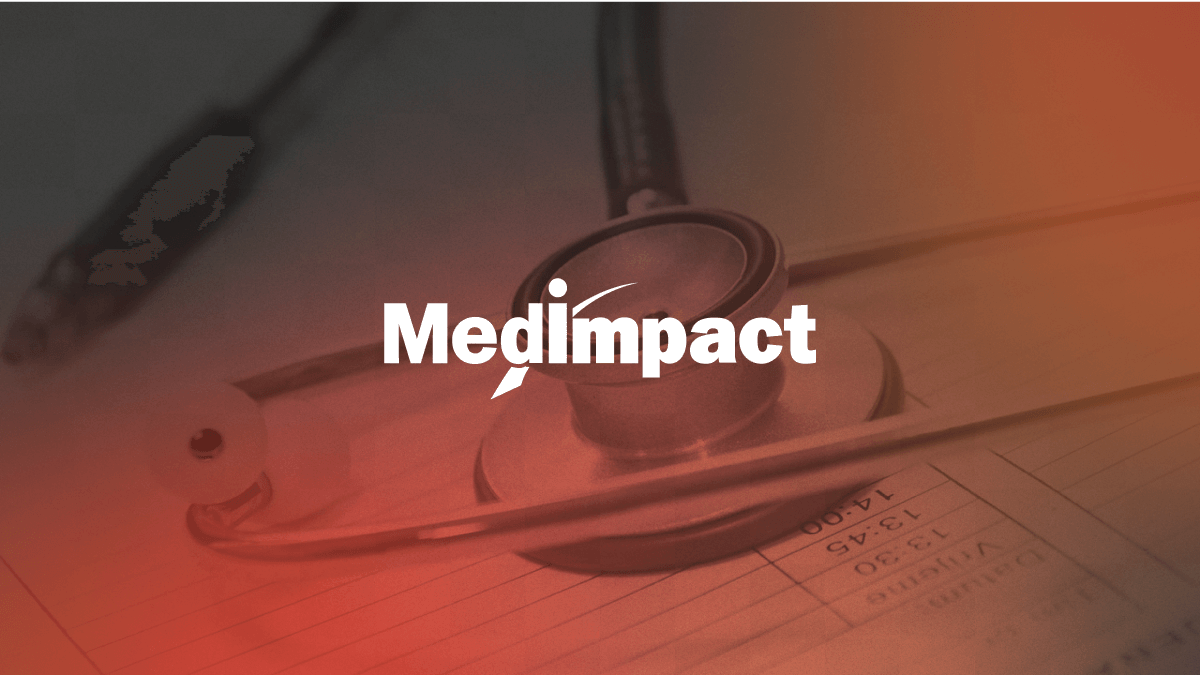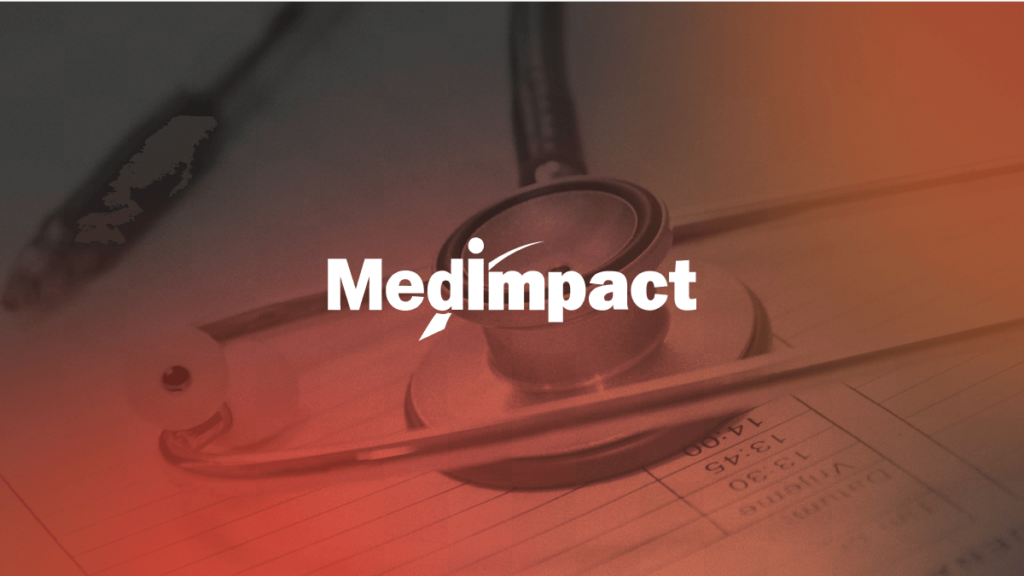
MedImpact Unveils Affordable Access to Unbranded Ustekinumab-aekn Biosimilar, Reshaping Specialty Pharmacy Market
MedImpact Holdings Inc., the nation’s largest independent pharmacy benefit and healthcare solutions provider, announced a major step toward addressing escalating specialty drug costs with the launch of access to an unbranded ustekinumab-aekn biosimilar at a significantly reduced price compared to the reference biologic Stelara® (ustekinumab). This initiative, built around MedImpact’s innovative unbranded biosimilar strategy, is positioned to disrupt the specialty drug landscape by directly reducing costs for specialty pharmacies, payers, and patients alike.
The biosimilar, distributed through Anda, an affiliate of Teva Pharmaceuticals USA, Inc., will be made available for direct purchase by any licensed specialty pharmacy via Birdi, Inc., MedImpact’s preferred distribution partner. The product is set to launch on January 1, 2026, marking the beginning of a broader movement by MedImpact to expand access to biosimilars and transform the economics of specialty drug purchasing.
Breaking the Cost Chain in Specialty Drugs
The U.S. healthcare system has long struggled with the rising cost of specialty medications, which now account for more than half of total drug spending despite representing a relatively small portion of prescriptions. One of the primary challenges is the layered supply chain, where costs increase at each stage—from manufacturer to wholesaler, to pharmacy benefit manager (PBM), to pharmacy, and ultimately to the patient.
MedImpact is directly addressing this issue with its unbranded strategy, which bypasses many of these incremental cost layers. By offering specialty pharmacies and payers direct access to biosimilars at significantly reduced costs, MedImpact is challenging a rebate-driven model that has historically lacked transparency.
“Today, a drug’s cost rises at each step in the supply chain,” said Arpit Patel, Senior Vice President of Trade Relations and Supply Chain at MedImpact. “We designed our unbranded strategy to bypass these costs to deliver far greater value to pharmacies and payers, and a more affordable treatment option for patients.”
This model not only reduces overhead and administrative costs but also allows for a point-of-sale price structure, ensuring that patients and payers see the benefits of lower drug pricing immediately, without waiting for complex rebate reconciliation processes.
Why Ustekinumab Matters
Stelara® (ustekinumab), the reference biologic to which the new biosimilar is interchangeable, is a monoclonal antibody used in the treatment of several serious autoimmune conditions, including:
- Crohn’s disease
- Ulcerative colitis
- Plaque psoriasis
- Psoriatic arthritis
Since its approval, Stelara has become one of the most widely prescribed biologics for immune-mediated inflammatory diseases, generating billions in annual sales worldwide. Its high cost, however, has been a persistent challenge for patients, payers, and the broader healthcare system.
By making an FDA-designated interchangeable biosimilar available, MedImpact is helping expand access to a proven therapy while dramatically lowering financial barriers. Because the biosimilar is interchangeable, pharmacists can substitute it for Stelara without requiring a new prescription, a factor that is expected to drive physician prescribing confidence and patient acceptance.
A Shift Away from Rebates Toward Transparency
The U.S. pharmaceutical system has traditionally relied heavily on rebates and discounts negotiated between manufacturers and PBMs. While these rebates reduce the net cost for insurers and employers, they often do not trickle down to patients, who may face high out-of-pocket expenses at the pharmacy counter.

MedImpact’s strategy with the ustekinumab-aekn biosimilar is emblematic of a larger shift away from rebate reliance. Instead, the company is creating a pricing model built on clarity and upfront affordability.
By offering unbranded biosimilars directly through specialty pharmacy partners, MedImpact ensures that the lower cost is applied at the point of sale. This approach benefits not only MedImpact clients but also any payer in the U.S. healthcare system, a move that expands the reach and impact of this initiative beyond the company’s traditional network.
“MedImpact’s specialty strategy is deeply rooted in the principle that pharmacies, members, and payers should not have to compromise access for affordability, and this strategy delivers on that promise,” Patel emphasized.
Implications for Specialty Pharmacies
Specialty pharmacies, already operating under tight margins and increasing administrative pressures, have been particularly vulnerable to the volatility of drug pricing. Many smaller, independent specialty pharmacies have struggled to compete in a marketplace dominated by vertically integrated PBM-owned pharmacies.
MedImpact’s unbranded biosimilar strategy introduces a new sourcing option that could empower independent and regional specialty pharmacies by:
- Allowing direct purchase of lower-cost biosimilars.
- Reducing reliance on complex rebate arrangements.
- Offering competitive pricing that levels the playing field against larger entities.
This model has the potential to slow the closure of smaller specialty pharmacies, which play a crucial role in patient access, particularly in underserved communities.
Payers Gain Choice and Control
For payers—including insurers, government programs, and self-funded employers—the introduction of the ustekinumab-aekn biosimilar under MedImpact’s model provides new flexibility in formulary management. Rather than being locked into high-cost contracts with manufacturers tied to rebate structures, payers now have the ability to adopt an alternative pricing strategy that directly reduces one of their largest expense categories: specialty drugs.
The broader implication is significant: as more biosimilars are introduced under this model, payers could see cumulative savings in the hundreds of millions or even billions annually—resources that could be reinvested into patient care, expanded coverage, or reduced premiums.
The Role of Anda and Teva
The distribution of the unbranded ustekinumab-aekn biosimilar will be handled by Anda, an affiliate of Teva Pharmaceuticals USA, Inc. Teva is recognized as one of the global leaders in generic and biosimilar medicines, with deep expertise in commercialization, supply chain management, and pharmacy partnerships.
By leveraging Anda’s infrastructure, MedImpact ensures that the biosimilar will be reliably distributed nationwide, supporting its availability to any licensed specialty pharmacy in the U.S.
This partnership reflects the growing collaboration between PBMs, distributors, and biosimilar manufacturers aimed at creating a more competitive specialty marketplace.
Driving Physician Confidence and Patient Acceptance
The FDA’s interchangeable designation for the ustekinumab-aekn biosimilar is central to its expected success. Interchangeability allows pharmacists to substitute the biosimilar for Stelara without requiring additional approval from prescribers, reducing barriers to adoption.
From the physician perspective, the clinical evidence supporting biosimilars has grown substantially in recent years. Studies continue to demonstrate that biosimilars are as safe and effective as their reference biologics, with no clinically meaningful differences.
For patients, affordability is often the deciding factor in whether they adhere to their treatment plan. By making ustekinumab-aekn available at a significantly lower cost, MedImpact is addressing one of the leading causes of treatment discontinuation: financial toxicity.
Expanding the Strategy Beyond Ustekinumab
While ustekinumab-aekn represents the first unbranded biosimilar in MedImpact’s portfolio, the company has signaled that this is only the beginning.
“The unbranded ustekinumab-aekn, an interchangeable biosimilar to the reference drug Stelara®, is the first of many products we will be providing to expand access, drive affordability, and transform the specialty drug market,” Patel confirmed.
Future biosimilar launches are expected to target other high-cost specialty categories, including oncology, immunology, and rare diseases—areas where drug costs have become increasingly unsustainable for payers and patients alike.
Availability and Next Steps
The unbranded ustekinumab-aekn biosimilar will officially become available for purchase on January 1, 2026. Licensed specialty pharmacies will be able to acquire the product through Birdi, Inc., MedImpact’s preferred purchasing partner, with distribution supported by Anda and Teva Pharmaceuticals.
MedImpact has invited stakeholders across the healthcare ecosystem—including pharmacies, payers, and providers—to learn more about this initiative and how it could be integrated into care delivery and benefit design. Interested parties can contact info@medimpact.com for additional details.
About MedImpact
Founded in San Diego, MedImpact Healthcare Systems, Inc. has grown over 35 years into the nation’s largest independent health solutions, technology, and pharmacy benefit management (PBM) provider. Serving more than 20 million members and processing over $40 billion in pharmacy transactions annually, MedImpact has built a reputation for innovation, transparency, and cost management.
The company’s portfolio includes solutions in drug benefit management, clinical programs, pharmacy network optimization, and healthcare technology services. Its independence from drug manufacturers has positioned it as a trusted partner for commercial and government payers seeking to improve member health outcomes while controlling costs.
Through initiatives like the unbranded biosimilar strategy, MedImpact is demonstrating its commitment to redefining the specialty drug marketplace and ensuring that affordability does not come at the expense of access.
A Pivotal Moment in Specialty Drug Affordability
MedImpact’s introduction of the unbranded ustekinumab-aekn biosimilar is more than a product launch—it represents a fundamental rethinking of how specialty drugs should be priced and accessed in the U.S. healthcare system.
By dismantling the rebate-driven cost structure and empowering both specialty pharmacies and payers with direct access to lower-cost alternatives, MedImpact is taking a bold step toward greater transparency, equity, and sustainability in drug pricing.
As the biosimilar marketplace continues to expand, MedImpact’s strategy could serve as a blueprint for the industry, signaling a shift away from entrenched practices toward a model that puts patients, providers, and payers first.
With the January 2026 launch on the horizon, stakeholders across healthcare will be watching closely to see how this initiative plays out—and whether it indeed delivers the transformative impact that MedImpact has promised.




